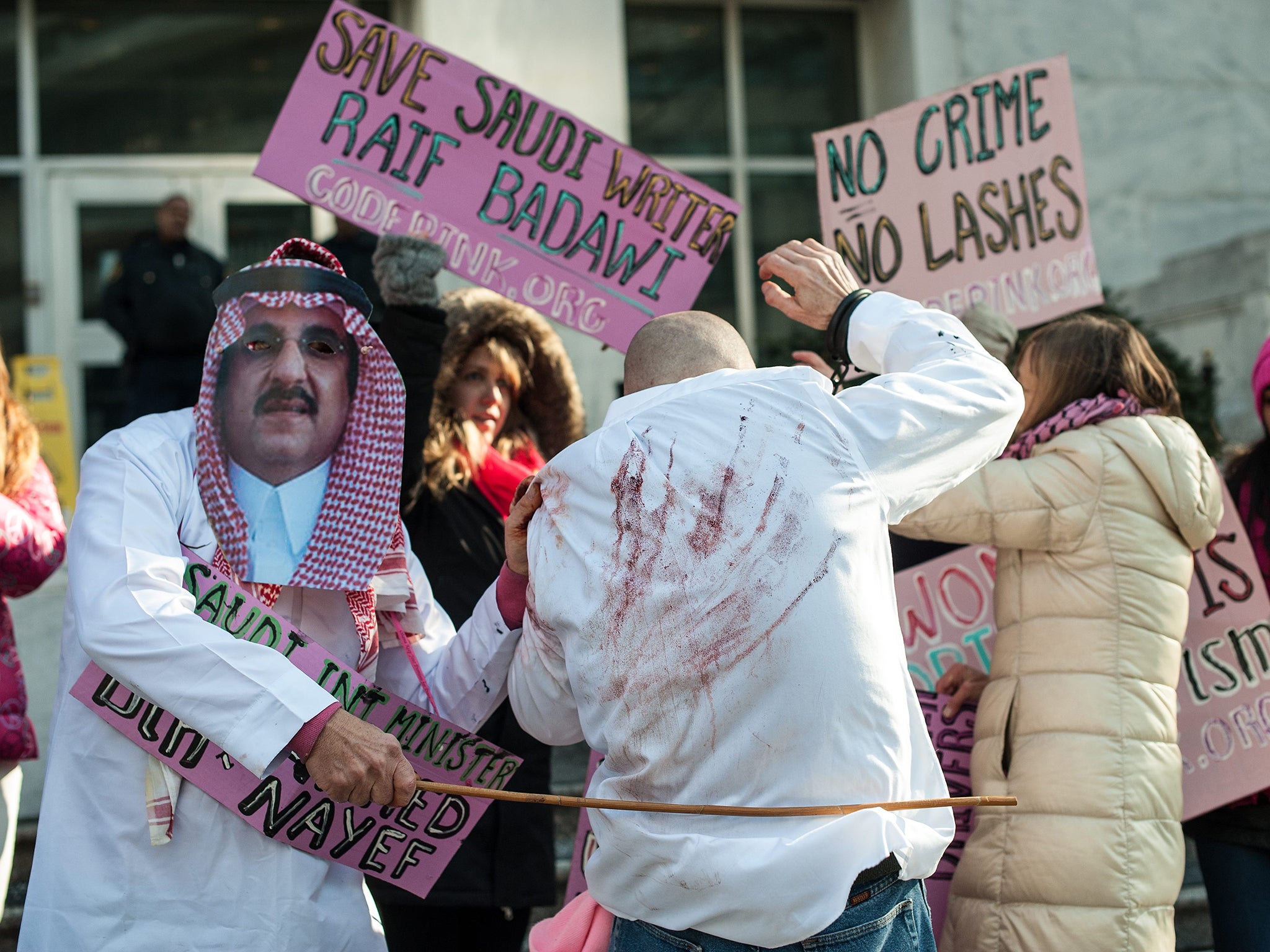UN drugs agency accused of contributing to rise in Saudi Arabia executions
Charity claims the UN has supported the Saudi authorities in making arrests on drugs offences – for which those convicted can face the death penalty

Your support helps us to tell the story
From reproductive rights to climate change to Big Tech, The Independent is on the ground when the story is developing. Whether it's investigating the financials of Elon Musk's pro-Trump PAC or producing our latest documentary, 'The A Word', which shines a light on the American women fighting for reproductive rights, we know how important it is to parse out the facts from the messaging.
At such a critical moment in US history, we need reporters on the ground. Your donation allows us to keep sending journalists to speak to both sides of the story.
The Independent is trusted by Americans across the entire political spectrum. And unlike many other quality news outlets, we choose not to lock Americans out of our reporting and analysis with paywalls. We believe quality journalism should be available to everyone, paid for by those who can afford it.
Your support makes all the difference.The UN’s drugs agency has been accused of contributing to Saudi Arabia’s unprecedented rate of state executions by helping the kingdom arrest offenders.
Under the Saudi justice system the most serious drugs offences remain punishable by the death penalty, and according to the legal charity Reprieve such convictions made up around half of the country’s 48 executions so far this year.
The charity, which represents the interests of people on death row all over the world, said documents from September 2013 showed the UN Office on Drugs and Crime (UNODC) had “agreed to cooperation with the [Saudi] General Directorate of Narcotics Control on drug control- related matters, including support to law enforcement efforts to combat illicit drug trafficking”.
Responding to Reprieve, the UNODC’s deputy executive director Aldo Lale-Demoz denied that the agency had “a programme of assistance on counter-narcotics law enforcement” with the Saudi government.
“Cooperation with Saudi Arabia is focused on technical assistance and capacity building in the many different thematic areas that full under UNODC’s mandate,” Lale-Demoz said.
Maya Foa, director of Reprieve’s death penalty team, said the UNODCs’ response failed to address many of the concerns raised in the charity’s original letter, which said “it appears all too likely… that the UNODC’s counter-narcotics support contribute[s] to increased numbers of executions.
She said: “2015 has seen Saudi Arabia carrying out executions at an alarming rate – around half of which appear to be for non-violent drugs offences.
“This must ring alarm bells for those supporting counter-narcotics policing in the Kingdom. The UNODC must stop helping countries like Saudi Arabia send ever greater numbers to the swordsman’s blade.”
Join our commenting forum
Join thought-provoking conversations, follow other Independent readers and see their replies
Comments